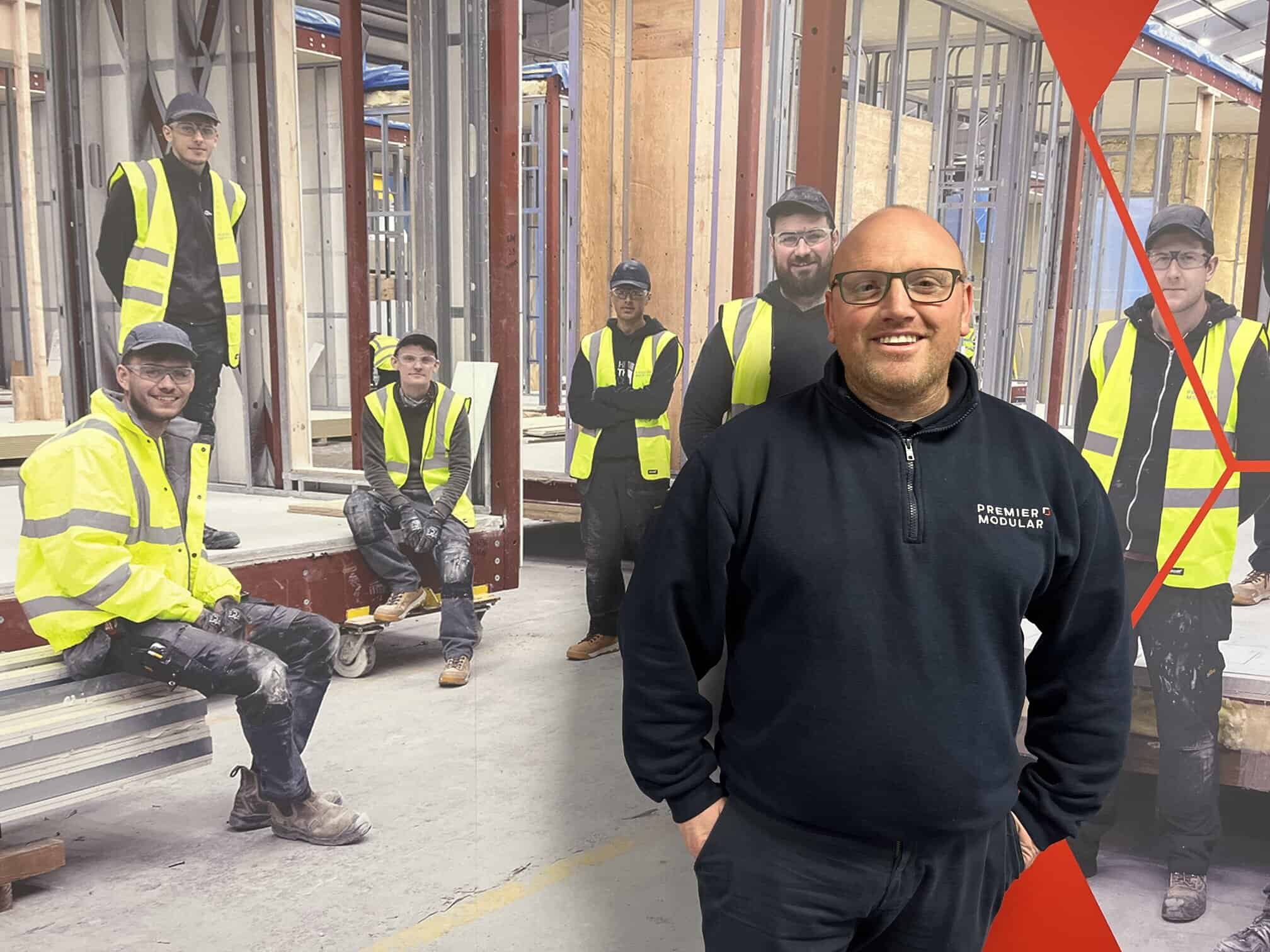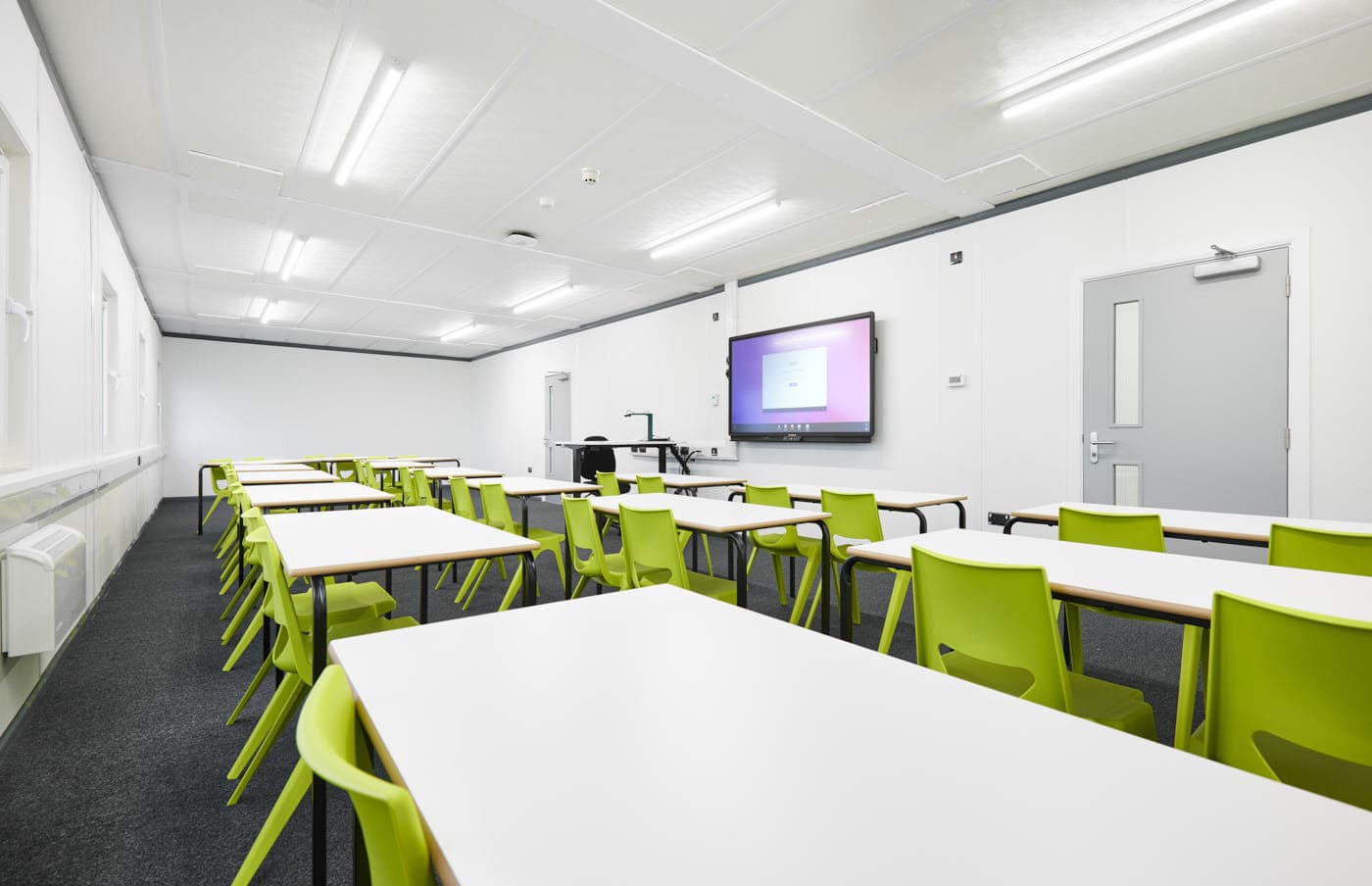Whilst the construction industry has not always been known for its embrace of inclusivity, the importance of a more supportive environment is becoming evident. This is a welcome change, particularly in light of research findings from the National Federation for Builders (NFB), which showed that almost 40 per cent of neurodiverse construction workers feel there is little to no empathy for neurodiverse experiences in the industry.
An acceptance of poor mental health has traditionally been absent in the industry, with greater awareness and support for employees only coming into force in the past few years. With the construction industry’s mental health crisis showing no sign of slowing and a need for greater diversity across the board, companies need to work harder to better support workers.
Making room for neurodiversity
Employers are increasingly recognising the importance of neurodiversity in the workplace. Outlining the inherent differences between people’s cognition and how individuals interact with the surrounding environment, neurodiversity is commonly applied in the context of neurological or developmental conditions such as autism spectrum disorder (ASD) or ADHD. Often possessing specialist skills and unique ways of thinking, people with neurodiverse conditions are valuable members of the workforce, introducing opportunities for businesses to innovate and grow in ways that may not have arisen otherwise.
Results from the survey conducted by the NFB showed that one in four construction workers reported having a neurodiverse condition, with one third of this demographic revealing that their condition drew them to the industry in the first place. As a field focused on practical and visual work, it is unsurprising that construction befits people with neurodiverse conditions who often excel in these areas.
With such a high proportion of neurodiverse workers in the industry, it is ever more important that companies endeavour to create an inclusive working environment. Improving communication lines is a key part of this and will help a greater understanding of employee pinch points and ensure workers feel comfortable. To bolster these efforts, companies should train managers to support neurodiverse workers and increase awareness to destigmatise negative perceptions. Engaging the workforce in education is a proactive step to take and will be more effective with the use of visual aids and toolbox talks that can accommodate production commitments.
Addressing poor mental health
The rise of poor mental health in the construction industry has been aided by the need for construction workers to spend significant periods away from home, recent economic pressures and the lingering presence of stigma surrounding psychological wellbeing. Tragically, this is having a serious impact on male construction workers in particular; the rate of suicide among men in this industry is three times the national average, according to UK charity, Mates in Mind. Research has also shown that more than two thirds of tradespeople suffer work-related stress at least once a month, with workers aged between 35 and 44 experiencing mental health problems the most. One in ten of this age group struggles daily.
It is therefore time companies address this crisis and work to create a more supportive and inclusive environment for all. Tackling the root causes is key, as is spreading awareness to eradicate stigma and quiet the ‘macho’ culture that troubles the industry to this day.
At Premier Modular, people are the heart of the company, and their mental wellbeing and comfortability is a high priority. As such, a qualified counsellor is onsite for one day a month for individuals to consult as and when they require. Not only does this support workers on a personal level but helps to identify wider themes and issues that could be impacting the workforce as a whole. In turn, this insight helps to address problem areas and establish long-term solutions.
Celebrating the power of difference
The creation of an inclusive, caring working environment cannot be accomplished through improved communication and education alone. Implementing better representation at every level and optimising recruitment processes is equally crucial to demonstrate a company’s dedication to supporting existing and prospective workers.
Engaging with initiatives, such as the Not Every Disability is Visible campaign, will reinforce these efforts – a campaign that Premier Modular proudly supports as a Disability Confident employer. In doing so, companies remove barriers for people with visible and non-visible disabilities alike and broaden the recruitment landscape to enrich the workforce with diverse talent.
It follows that openly embracing difference is the best route to inclusivity. Spreading acceptance and understanding of different lived experiences is vital to a successful company as the industry shifts toward a more progressive future.
To discover how Premier Modular helps its people to achieve their full potential, continue reading here.











